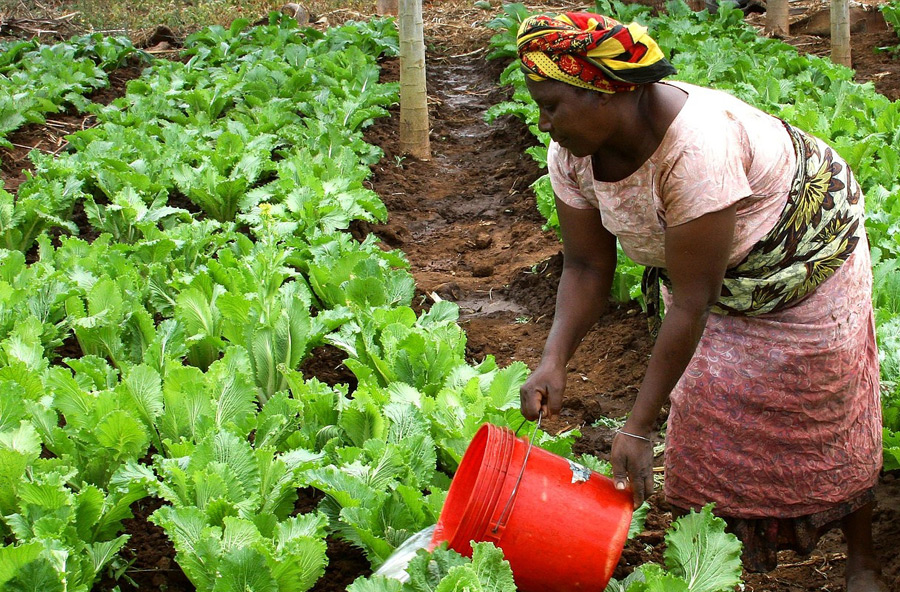Jean Balie, Badri Narayanan
While a lot of research has been conducted on agricultural subsidies and other forms of policy transfers in developed and developing countries alike, substantial data constraints have characterised those conducted in developing countries. For this study, we employ a novel and uniquely developed dataset on these policies in Sub-Saharan Africa (SSA), to analyse the impact of policy reforms, using the latest available GTAP 9.1 Data Base, in the widely employed GTAP framework, for the first time. We simulate the scenarios of removal of output subsidies, removal of ‘market development gaps’ within and outside the country. Our results indicate that removing market development gaps is likely to increase the agricultural output without affecting trade much while removing the subsidies could harm output a lot by import-substitution of the costly domestic output. We conclude that governments in SSA may do well to focus on developing their markets better rather than cutting the assistance to their farmers, which could, in fact, be counter-productive instead of raising the efficiency of domestic farmers through competition.

